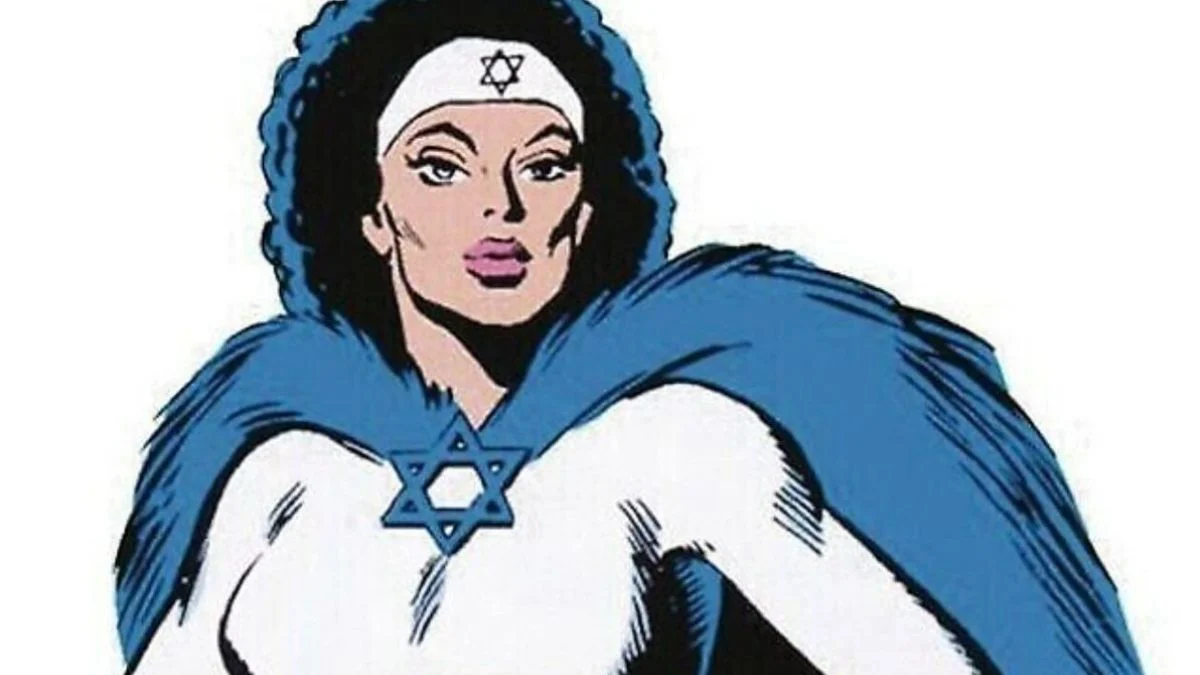Before Captain America: Brave New World even hits theaters, the inclusion of the superhero Sabra has already sparked some controversy.
Sabra, who originated in Marvel Comics, has had a bumpy ride from page to screen. In the comics, she was introduced as a super-powered agent of Mossad, Israel’s intelligence agency. This connection made her a focal point in the complex and ongoing Israeli-Palestinian conflict, a sensitive issue that’s been contentious for decades.
Who is Sabra in Marvel Comics?
Sabra was created by Bill Mantlo and Sal Buscema as a sort of Israeli version of Captain America. Initially, she was shown as part of Israel’s effort to replicate the Super Soldier serum. In other stories, she’s a mutant, which might fit into Marvel’s plans to integrate the X-Men into their current universe. Her costume, featuring the Star of David and the colors of the Israeli flag, made her national allegiance pretty clear.
Though her creators aimed to bring diversity to the superhero genre, Sabra’s presence has sparked debates about representation and cultural sensitivity. Her first major appearance in The Incredible Hulk #256 placed her right in the middle of the Israeli-Palestinian conflict. In this issue, she fights the Hulk, believing he’s allied with Arab terrorists, which leads to the tragic death of a Palestinian child. This storyline, intended to address complicated geopolitical issues, has faced criticism for oversimplifying the conflict. The Hulk’s line about the boy’s death—“both sides want to own land”—was seen as a reductionist view of a complex issue.
Sabra’s portrayal in later comics often perpetuated negative stereotypes and inconsistent characterization, including a continued mistrust of Arab characters despite her initial realization about the costs of conflict.
The Controversy Surrounding the Name “Sabra”
The name “Sabra” itself adds another layer to the controversy. In Hebrew, it refers to a Jewish person born in Israel, but for many Palestinians, it has a much darker association. Sabra is also the name of a Palestinian refugee camp in Lebanon where a horrific massacre occurred in 1982, in which thousands of Palestinian and Lebanese civilians were killed by Israeli-allied militias. This tragic event has made the name Sabra a painful reminder of that dark history, making Marvel’s choice of name for a superhero seem insensitive to many.
Marvel’s Response and Reimagining of Sabra
In response to the controversy, Marvel is significantly altering Sabra’s backstory for the movie. Instead of being an Israeli intelligence agent, the character will now be portrayed by Shira Haas as Ruth Bat-Seraph, a former Black Widow and a high-ranking U.S. government official trusted by President Ross. This change moves her away from her original Mossad ties and instead links her to the Black Widow program and the U.S. political sphere.
This reimagining allows Marvel to keep the character while steering clear of the more contentious elements of her original background. By integrating her into the established MCU framework and focusing on her skills rather than her nationality, Marvel hopes to sidestep some of the geopolitical issues associated with her comic book origins.
However, this transformation raises questions. Will Ruth Bat-Seraph retain any elements of Sabra’s Israeli identity, or will her background be completely rewritten? And how will she fit into the broader story of Captain America: Brave New World? Her brief appearance in the movie’s trailer suggests Marvel is still unsure about how audiences will react, especially given the ongoing Israel-Hamas conflict.
Marvel’s changes show they’re aware of the controversy, but if they’re altering the character so much, it might make more sense to create a new character altogether rather than trying to navigate Sabra’s complicated history


